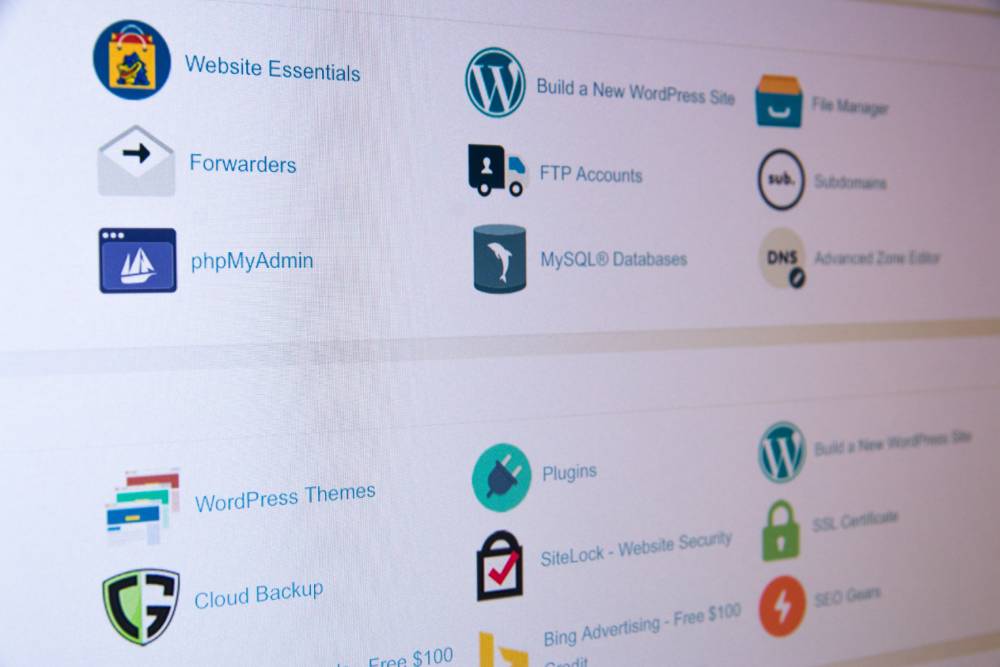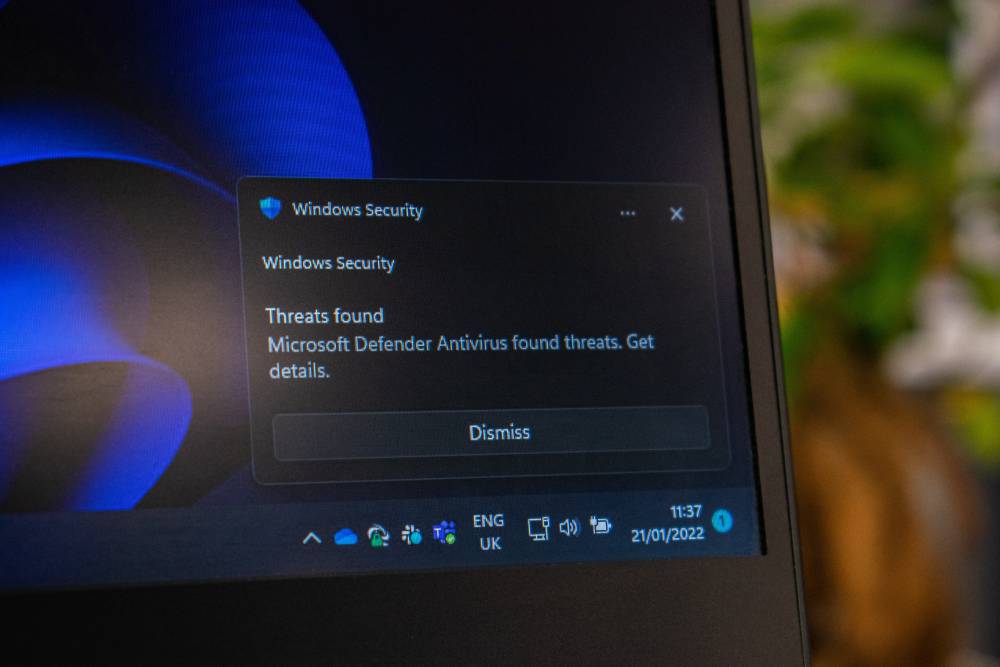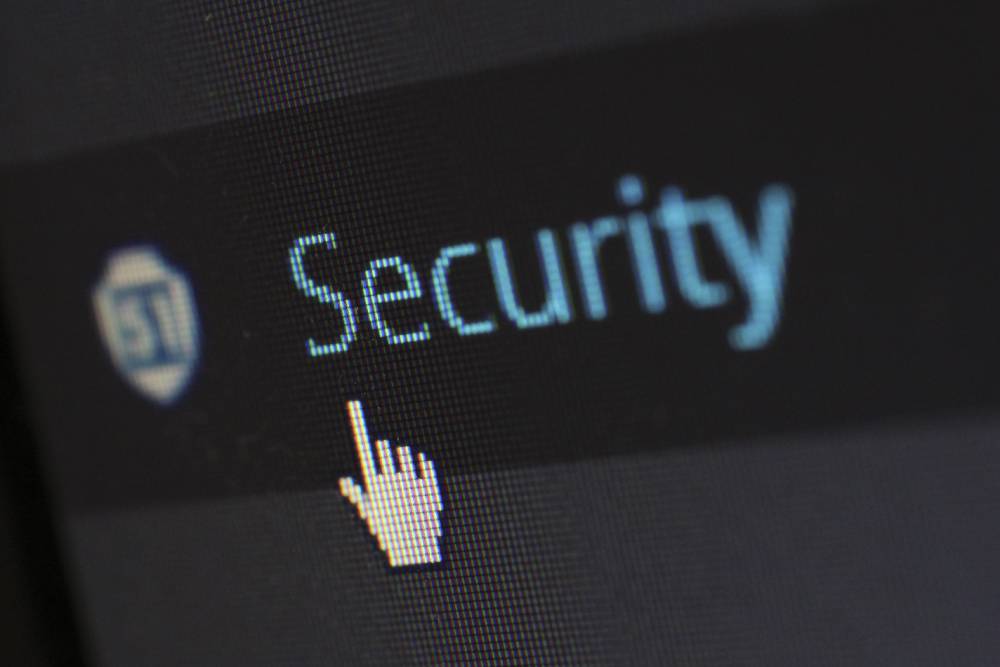In today’s digital age, it is more important than ever to take steps to secure your business website from being hacked. Cyber-attacks are becoming increasingly sophisticated and hackers are finding new ways to breach security systems. Therefore, it is essential that businesses of all sizes take proper precautions in order to protect their online assets. Read on for some effective tips on how to keep your business website secure from hacking.
Use SSL Certificates
Secure Socket Layer (SSL) certificates are a must-have for any business website. An SSL certificate helps protect user data by encrypting the connection between the web server and the browser so that any information exchanged is kept private and secure. It also helps verify the authenticity of a website, which can help boost consumer confidence and trust in your brand. Additionally, using an SSL certificate will help improve your page rankings in search engine results pages (SERPs).

Update Software & Plugins Regularly
One of the most common ways hackers gain access to websites is through vulnerable or outdated software and plugins. By keeping everything up-to-date, you can make sure there aren’t any open doors for hackers to exploit. Make sure you update all software and plugins regularly, as well as keep an eye out for any new security patches that may become available.
Restrict Access
Restricting access can help keep unwanted visitors away from your website’s sensitive information. This could include setting up user accounts with limited access privileges or restricting certain IP addresses from accessing the site altogether. Additionally, you should ensure that all passwords are strong and unique; this means avoiding obvious passwords like “password” or “123456” as well as using a variety of characters including numbers, symbols, and upper-case letters when creating passwords.
Use Firewalls & Antivirus Software

Another way to keep your business website secure from being hacked is by using firewalls and antivirus software. Firewalls act as an extra layer of protection against malicious attacks while antivirus software can detect malicious files before they have a chance to do any damage. Both of these tools should be used alongside regular backups in order to ensure maximum protection against cyber threats.
Taking measures to protect your business website from being hacked is essential in today’s digital world. Using SSL certificates, updating software/plugins regularly, restricting access, and utilizing firewalls/antivirus software can go a long way toward ensuring that your online presence remains secure at all times. Additionally, it’s important to remember that having regular backups of your whole site is key; this will allow you to easily restore any lost data if something does happen despite all precautions taken! With these tips in mind, you’ll be well on your way toward having a safe and secure business website!

